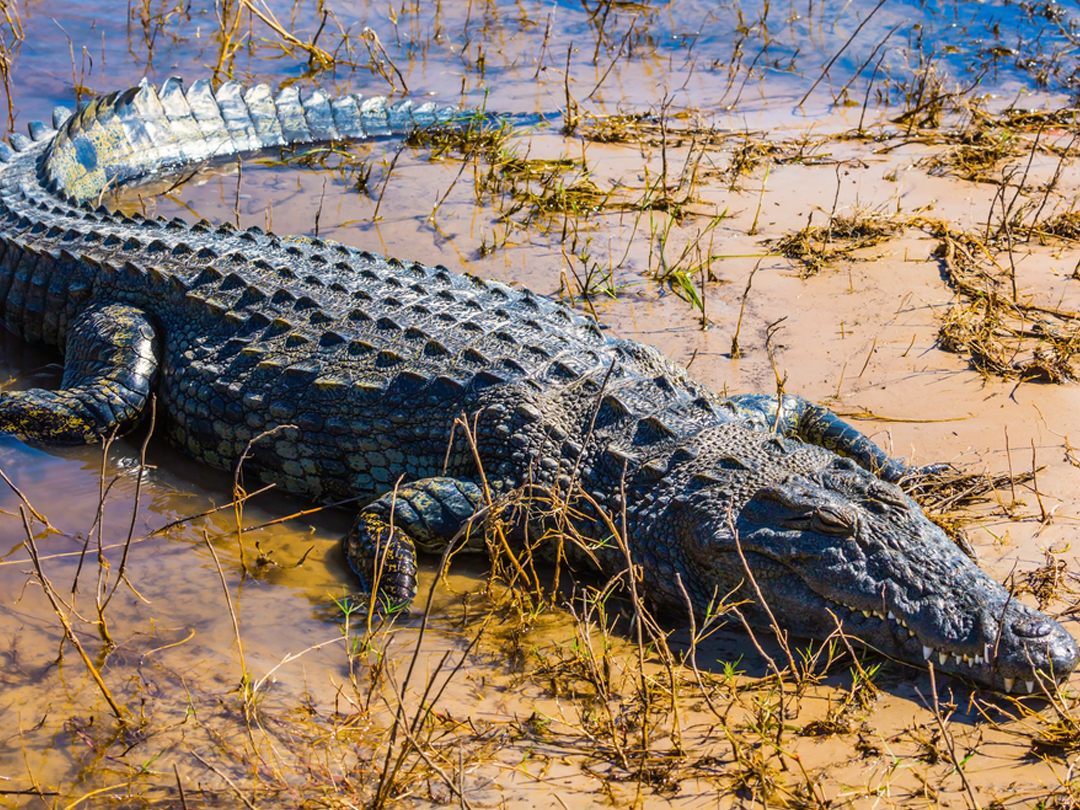Understanding Florida Gator Hunting Laws And Season Dates

Florida gator hunting is an exciting activity, but it is important for hunters to understand the laws and regulations that govern it. These laws help manage the alligator population and make sure that hunting practices are safe and sustainable.
Here is an overview of the Florida gator hunting laws, including hunting limits, season dates, and the necessary permits for a successful hunt.
Overview of Gator Hunting Laws in Florida
Gator hunting laws in the state are in place to regulate how, when, and where hunting can occur, protecting both the alligator population and hunters.
The Florida Fish and Wildlife Conservation Commission (FWC) enforces these laws, seeing to it that alligators are hunted ethically. These laws are designed to prevent over-hunting, promote population management, and allow for a controlled, safe hunting environment.
One key regulation is that hunters must obtain specific permits before hunting alligators in Florida. These include a statewide alligator hunting permit, a trapping license, and specific harvest tags for each alligator hunted. Without these permits, it is illegal to hunt alligators in the state.
Florida Gator Hunting Season Dates
The Florida alligator hunting season dates are set by the FWC, and they typically span from late summer to early fall. The hunting season begins in mid-August and continues into November, but these dates can vary depending on the specific hunting zone. It is important for hunters to check the exact dates for their zone, as hunting is regulated by both time and geography.
Florida is divided into different alligator hunting zones, each with its own specific season dates. Hunters must apply for permits specific to the zone they wish to hunt in, and the dates can vary slightly depending on the region's alligator population and habitat conditions.
How Many Alligators Can You Hunt in Florida?
When considering how many alligators you can hunt in Florida, it is important to know the regulations. Hunters are generally allowed to harvest up to two alligators per permit. However, the number can vary depending on the specific hunting zone and the population of alligators in that region.
Each alligator must meet a minimum size requirement, typically no less than 4 feet long. This helps protect younger alligators while managing the older, more mature alligators responsibly. Hunters must also adhere to specific regulations regarding the type of alligators they can harvest, helping to preserve the health of the population.
Permit Requirements for Gator Hunting in Florida
To hunt alligators in Florida, hunters must obtain a valid permit from the FWC. These permits are distributed through a lottery system, with hunters applying for the right to hunt in specific zones. The permits are limited to control the number of hunters and maintain the sustainability of the alligator population.
Hunters must also possess an alligator trapping license and specific tags for each alligator they plan to harvest. These tags must be affixed to the alligator immediately upon capture, and hunters must report their harvest to the FWC within 24 hours to comply with state laws.
Legal Hunting Methods for Florida Alligators
Florida law dictates the approved methods for hunting alligators for a safe and humane process. Some of the legal methods include using fishing rods with hooks, snatch hooks, and harpoons. These methods allow hunters to capture alligators without causing undue harm, maintaining the ethical treatment of the animals.
Firearms are generally prohibited for capturing alligators. However, hunters may use a "bang stick," a device that discharges a firearm upon contact with the alligator, to humanely euthanize it. This is the only approved firearm for use during gator hunts.
Tagging and Reporting Alligator Harvests
Once an alligator is captured, hunters must tag it with the official harvest tag issued by the FWC. This tag must remain on the alligator until it is processed or mounted. The tag is important for tracking the harvested alligators, in compliance with Florida gator hunting laws.
Hunters must also submit a harvest report within 24 hours of capturing an alligator. This report presents valuable data to the FWC, helping them monitor the alligator population and adjust hunting regulations as needed. Failing to report or improperly tagging an alligator can result in legal penalties.
Geographic Restrictions and Hunting Zones
Florida gator hunting is not allowed everywhere in the state. The FWC has divided the state into several hunting zones, each with its own set of rules and season dates. Some zones may have restricted areas where hunting is not permitted, while others may have specific regulations based on local conditions.
Hunters must apply for a permit for the specific zone where they wish to hunt. Each zone is regulated based on the density of the alligator population and the environmental conditions in that area. This helps make sure that hunting is sustainable and that the alligator population is properly managed.
Safety Precautions for Florida Gator Hunts
Safety is a top priority when participating in Florida gator hunting. Alligators are dangerous animals, and hunters must take proper precautions to avoid accidents. It is recommended that hunters wear protective clothing, including gloves, boots, and eye protection, to minimize the risk of injury.
Hunters should also be trained in alligator handling and have access to emergency communication devices in case of an accident. The use of a secure boat and proper equipment is also needed for safety, allowing the hunter to safely navigate the water and capture the alligator.
Ethical Practices in Gator Hunting
Florida gator hunting laws are designed to promote ethical hunting practices that respect the alligator population. Hunters should focus on older, larger alligators that are more likely to cause environmental damage if left unchecked. By harvesting these alligators, hunters help maintain a balanced ecosystem.
Hunters are also encouraged to follow sustainable practices, such as not over-harvesting and seeing to it that alligators are treated humanely. By adhering to these ethical guidelines, hunters contribute to the long-term sustainability of Florida’s alligator population and the surrounding environment.
Get Ready for Your Florida Alligator Hunt
If you are planning to hunt alligators in Florida, it is best to understand the laws and regulations that govern the activity. Be sure to obtain all necessary permits, check the hunting season dates, and follow all safety and ethical guidelines. With the right preparation, you can have a successful and legal hunting experience.
At Trophy Gator Hunts, we offer the chance to experience Florida alligator hunts with over 30 years of expertise. Our family-owned business prides itself on providing a 100% success rate and ethical, safe hunting practices. Book your hunt and experience the thrill of gator hunting in Florida.

